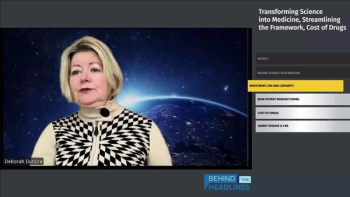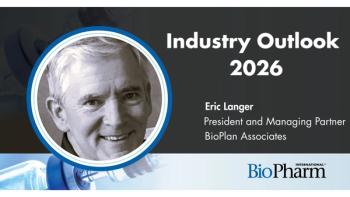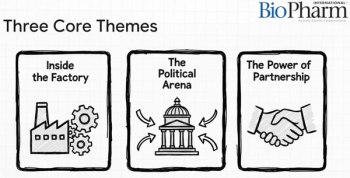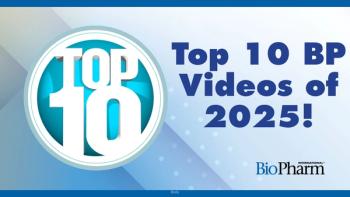
PL BioScience Expands Cell Culture Manufacturing Capacity to Meet Global HPL Demand
Germany-based biotech boosts animal-free supplement production, enabling greater scalability and supply security for next-gen cell therapies worldwide.
PL BioScience GmbH, a German life sciences company specializing in human platelet lysate (HPL), has announced a major expansion of its headquarters and manufacturing infrastructure in Aachen, Germany (1). This strategic move aims to support rising global demand for animal-free, GMP-compliant cell culture supplements, particularly in clinical and commercial cell manufacturing environments.
With more than 1,200 square meters of dedicated space, the new facility will house expanded production, storage, and office areas (1). Once operational, the site will enable annual production of up to 20,000 liters of Good Manufacturing Practice (GMP)-grade HPL, positioning PL BioScience as the world’s largest supplier of HPL products. This enhanced production capacity is expected to benefit a wide range of biomanufacturing sectors, including cell therapy development and regenerative medicine research.
The expansion reflects a broader trend in the pharmaceutical technology space toward animal-free (2), ethically sourced cell culture media that support consistent, scalable production. HPL, produced from expired human blood platelets, serves as an effective and pathogen-free alternative to traditional animal-derived supplements such as fetal bovine serum (1).
“This is a major step forward for PL BioScience,” said
The new headquarters is set to open in September 2025, at which point all company operations will transition to the updated facility (1). The move reflects PL BioScience’s long-term commitment to building scalable infrastructure that aligns with emerging regulatory expectations and the evolving needs of biopharmaceutical developers.
Driving innovation in cell culture supplementation
The expanded facility will also serve as a hub for product development, supporting innovation in HPL-derived media tailored to pharmaceutical manufacturing (1). Among the company’s ongoing R&D priorities is the development of artificial HPL, a next-generation product synthesized from lab-grown platelets using proprietary technology (3). This approach enables a potentially limitless, animal-free supply of growth factors and nutrients essential for cell proliferation.
As demand for engineered cell therapies, such as CAR-T treatments, continues to rise, manufacturing platforms are under pressure to adopt more consistent and compliant cell culture reagents. PL BioScience is currently developing specialized HPL-based formulations designed to meet the unique demands of different cell manufacturing protocols (1,3).
Why HPL matters for biopharma manufacturing
HPL is gaining attention across the pharmaceutical and biotech sectors for its ability to support robust cell expansion while meeting increasing ethical and regulatory demands for animal-free reagents (1,3). HPL offers an alternative to serum-based media, reducing variability and the risk of contamination from animal-derived pathogens. It aligns with GMP requirements and supports more standardized production workflows, key advantages for developers scaling up advanced therapies.
The company’s artificial HPL platform adds further momentum to this shift, offering a sustainable solution that complements the broader push toward next-generation bioprocessing systems (3). For pharmaceutical developers seeking consistent, ethically sourced media at commercial scale, innovations like artificial HPL could play a central role in future production strategies.
References
- PL BioScience.
PL BioScience Announces Major Site Expansion in September 2025. Press Release . July 31, 2025. - Barton, C.
EMA Encourages Use of New Approach Methodologies to Reduce Animal Testing . PharmTech.com. July 28, 2025. - Lavery, P.
PL BioScience, DewCell Biotherapeutics to Develop Scalable Animal-Free Cell Culture Media . BioPharmInternational.com. May 21, 2025.
Newsletter
Stay at the forefront of biopharmaceutical innovation—subscribe to BioPharm International for expert insights on drug development, manufacturing, compliance, and more.




